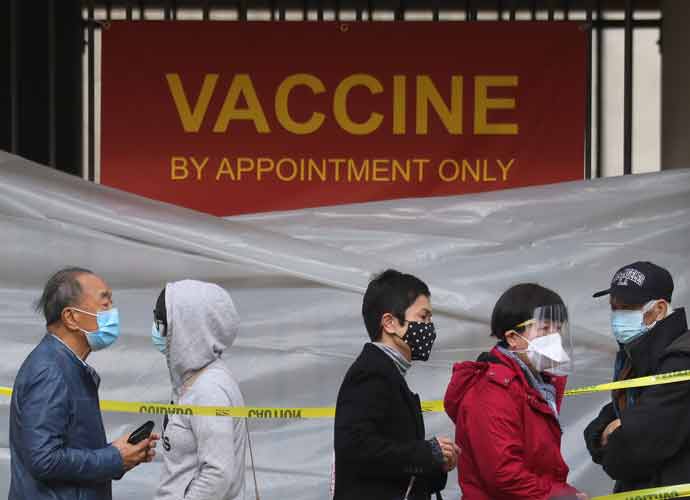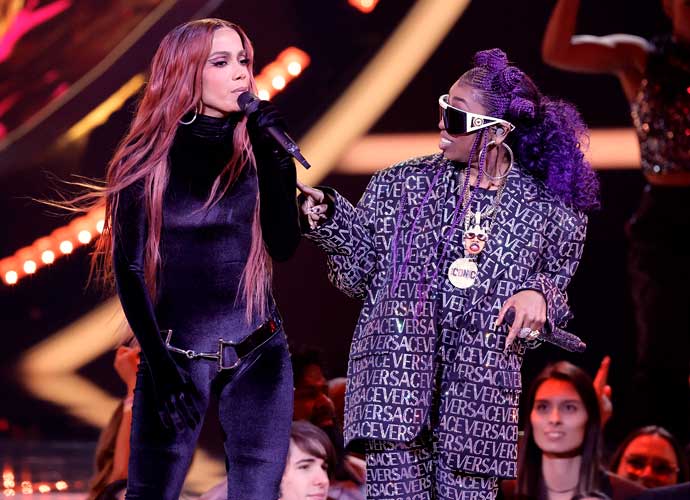Johnson & Johnson’s HIV Vaccine Trial Fails
Johnson & Johnson announced Tuesday that its HIV vaccine candidate failed to provide ample protection to decrease the risk of infection in its clinical study in southern Africa.
The vaccine candidate uses the same strand of technology that was proven to be working for COVID-19 and Ebola viruses. This blow is another indication that creating a vaccine against HIV will be an immense technological challenge.
“While we are disappointed that the vaccine candidate did not provide a sufficient level of protection against HIV infection in the Imbokodo trial, the study will give us important scientific findings in the ongoing pursuit for a vaccine to prevent HIV,” Paul Stoffels, chief scientific officer at Johnson & Johnson, said in a statement. “We continue to stand in solidarity with people living with and vulnerable to HIV, and remain committed to furthering our research against this devastating virus.”
The clinical trial participants were randomly chosen to get either the vaccine or a placebo shot. Researchers at Johnson & Johnson reported only about 25 percent of efficacy, which isn’t a significant enough number to prove that the vaccine is working.
Subscribe to our free weekly newsletter!
A week of political news in your in-box.
We find the news you need to know, so you don't have to.
Scientists worldwide have continuously worked toward an effective HIV vaccine since the virus was first identified in the 1980s. Today, around 38 million people have HIV worldwide.
“The development of a safe and effective vaccine to prevent HIV infection has proven to be a formidable scientific challenge,” Dr. Anthony Fauci, a top White House health advisor, said in prepared remarks. “Although this is certainly not the study outcome for which we had hoped, we must apply the knowledge learned from the Imbokodo trial and continue our efforts to find a vaccine that will be protective against HIV.”
Get the most-revealing celebrity conversations with the uInterview podcast!









Leave a comment